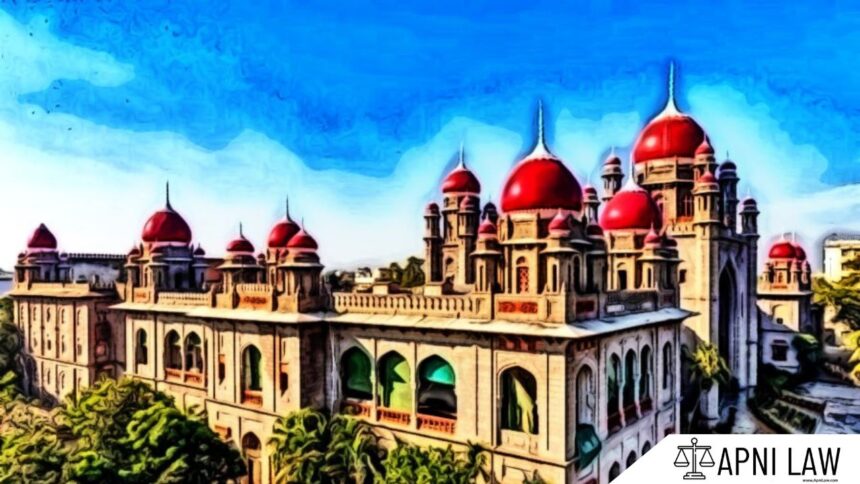Telangana HC Overturns Conviction in Corruption Case
The Telangana High Court has ruled that merely recovering tainted money is not enough to convict an accused in a bribery case. The court emphasized that without proof of demand, the charges under the Prevention of Corruption Act cannot stand.
Case Background
A junior engineer was convicted under Sections 7 and 13(2) read with 13(1)(d) of the Prevention of Corruption Act. The conviction was based on allegations that he demanded a ₹50,000 bribe to clear a contractor’s pending bills. A trap operation led to the recovery of the tainted money from the engineer’s drawer, and his hands tested positive for the trap paint.
The engineer challenged the conviction in the Telangana High Court, arguing that he had no authority over bill clearance. He claimed his role was limited to making log entries, and the final approval rested with the assistant engineer. He also pointed out that the complainant had a prior verbal altercation with him.
Court’s Key Observations
No Proof of Demand: The court cited Supreme Court rulings stating that proof of demand is essential for conviction.
Bills Already Cleared: The engineer had already signed the bills, and clearance was not his responsibility.
Tainted Money’s Origin Unclear: The appellant argued that the prosecution witness might have dropped the money in the drawer.
Contamination of Trap Paint: Another person, Raghavendra Kumar, allegedly grabbed the engineer’s hands, possibly transferring the trap paint.
Court’s Verdict
The High Court found no concrete evidence proving that the engineer demanded a bribe. It ruled that mere recovery of the tainted amount was insufficient to convict. Citing Supreme Court precedents, the court allowed the appeal, setting aside the conviction.
Key Takeaway
This ruling reinforces that proving a bribery charge requires clear evidence of demand. Mere possession or recovery of tainted money cannot be the sole basis for conviction.








